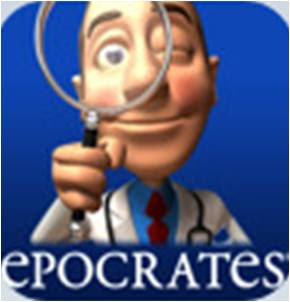GOOGLE QUICK TIP #22
The folks down at Google are bubbling with ideas, many of which they post in the Google Labs section of their site. Google Squared is one of the coolest things to pop out of the labs lately.
Google Squared is at http://www.google.com/squared . When you type in a topic, Google will generate a table of information populated with results from various sources on the web.
This tool can be a handy way to get more details on a broad topic. Columns are usually populated with images and then additional columns of data that they believe would be of interest.
You can modify the initial set of results:
(1) There is the option to add more results
(2) Click inside an Add items or Add columns box and either select from their suggestions or type in your own addition
(3) Delete any unwanted column or row by clicking on the corresponding "X" for that item
Results can be exported as an Excel file. You can also save your table if you have a free Google/Gmail account.
Explore their list of "squared" topics below the Google Squared search box.
View this short non-narrated video tutorial to see how I generated a list of antibiotics and a list of Renaissance artists.
Keep in mind that the information generated in these tables may not be 100% accurate. Take this more as a quick tool that you would definitely not depend on as your main source of data, especially with topics dealing with health and science. Using reliable database resources for those topics is the safest bet for reliable information.
But in the meantime, knock yourself out with Google Squared!











